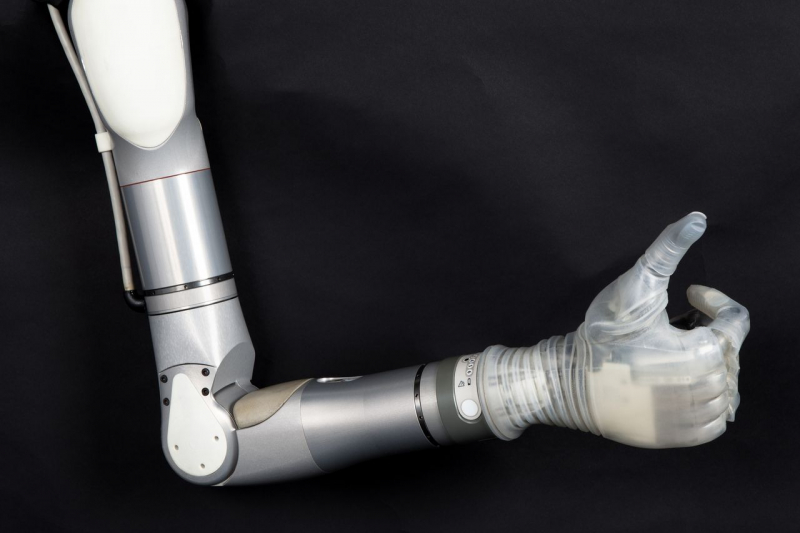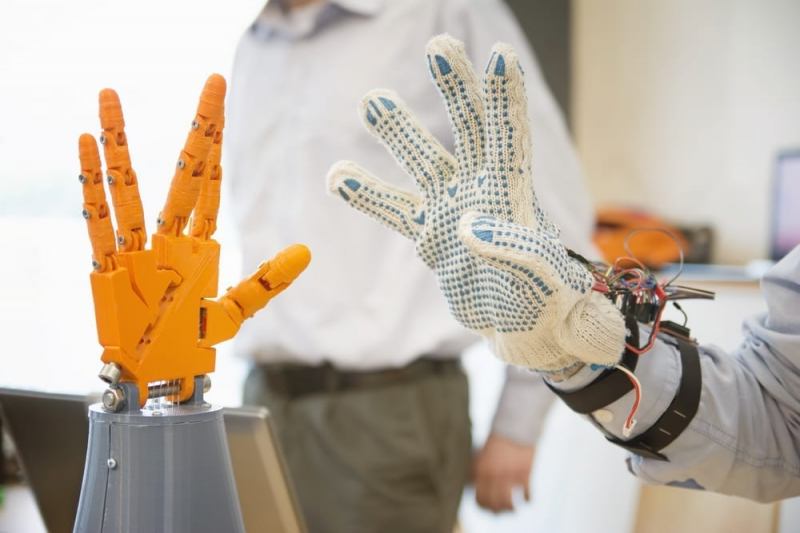Mind-Controlled Prosthetics
One of the greatest engineering feats of all time is the development of modern prostheses in and of themselves. Amputees had to make do with crude, uncomfortable prostheses made of leather, wood, and other common materials for the most of our history, or live without them entirely. Only recently have artificial limbs begun to resemble natural limbs in terms of appearance and even sensation. The neuronal connection between a living organ and the brain cannot be replicated by a machine, thus they are still far from being the real thing.
Though they are still in their infancy, mind-controlled prostheses are a new type of prosthetics that may be, well, controlled by the mind. A Swedish research team has created a prototype that integrates with the patient's nerves, muscles, and skeleton to give them significantly greater control over their fingers and wrists than was previously considered possible. In contrast to most prosthetics we currently have, it doesn't require any further care or supervision by a medical practitioner and is currently being used by three Swedish patients.
The technique might be accessible to patients outside of Sweden by the end of this year, according to the researchers. Although it still can't replace a natural limb, it gives us a glimpse of what prostheses may look like in the future.












